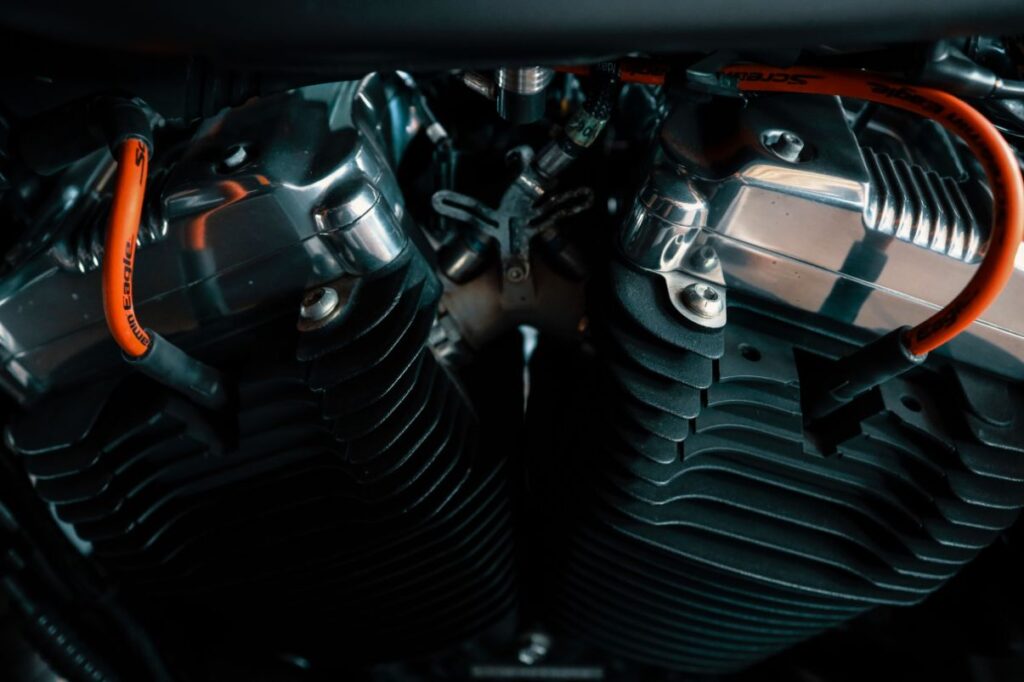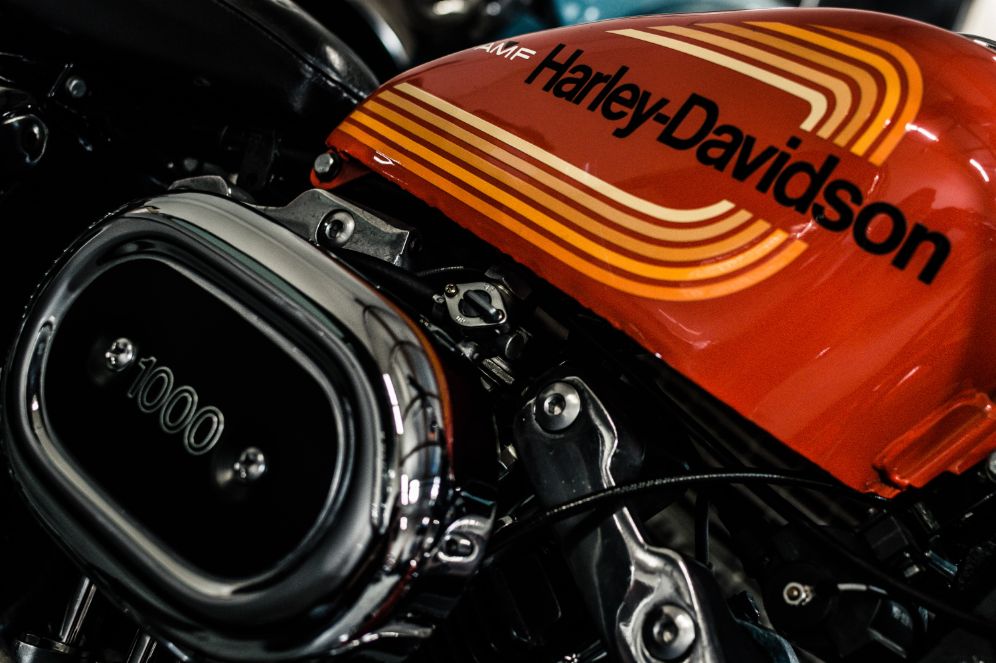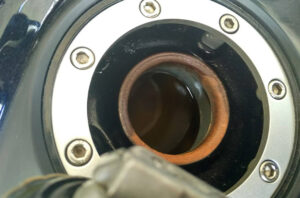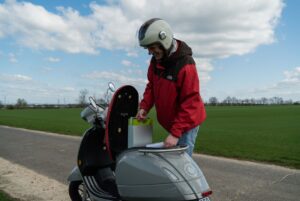Due to the low level of complexity that motorcycles have in comparison to other vehicles, troubleshooting mechanical issues on a motorcycle is typically quite simple. Many of these fixes can be completed by the owners themselves. The question is, what about the odd noises the engine is making? How to stop the engine from knocking and what it sounds like? To learn how to stop the engine knock, please read this article.
What Does Engine Knocking Mean?
Engine stalling in high gear at low speeds should not be confused with engine knocking. The larger cog simply placed too much strain on the crankshaft. Engine knocking is when your engine makes loud noises as metal strikes metal during the combustion cycle. There could be a lot of different situations.
Your combustion cycle may be faulty, your piston may be striking the cylinder wall, and the fuel may be igniting at the wrong stage. There could have been issues with the bearings, such as damage and clinking.
Engine knocking doesn’t significantly affect performance right away, but if it isn’t fixed right away, it can harm the engine permanently and irreparably.
Causes Of Engine Knocking
Premature Detonation
The most typical cause of a motorcycle engine knocking is premature detonation. Your engine could suffer severe damage as a result. If you begin to hear a knocking sound coming from your engine, it’s really only a matter of time before it seizes if you don’t address it promptly. It is unlikely that this noise will go away on its own.
You must first comprehend how a four-stroke motorcycle engine operates (four-stroke motorcycle engines are the standard) in order to comprehend the term premature detonation.
Two valves—one for intake and one for exhaust—are present in each chamber (or cylinder). The intake valve will open and draw air in as the piston descends at the end of each cycle. This is what causes the vacuum that draws in gas and air. Once they are drawn in, that valve closes, sealing the chamber.
When that piston is pushing the gas and air back up, it creates pressure and compression, and the spark ignites when the piston reaches the top. The detonation forces the piston back down, which rotates the crankshaft and provides the motorcycle with its propulsion.
Compression occurs during the stroke that occurs when both valves are closed. Premature detonation happens when the gas and air ignite before the piston reaches its peak.
The piston will temporarily turn sideways when this occurs because the force and friction of ignition push against what the piston is trying to do. This will cause the side of the piston to strike the cylinder wall, which will cause you to hear the knocking sound.
Warped Cylinder Wall
A cylinder wall that has warped may also be the source of a motorcycle engine knock. It is possible for the cylinder wall to become warped and slightly misshapen. Although the timing isn’t the problem, the piston faces a challenge that it can’t get past, the effects of this will be similar to those of premature detonation.
The cylinder wall must be entirely straight and smooth in order for the piston to move up and down to power the motorcycle. Any kind of warp will make it difficult for the piston to complete its stroke by reaching the top of the cylinder.
Once more, the piston will briefly go sideways and knock against the cylinder wall due to the forces that are trying to move it up while also working against another force.
Usually, an overheated engine is to blame for this. Because of the intense heat, the engine is experiencing, the metal will start to warp, expand, and become misshaped.

On water-cooled motorcycles, this can occur when the engine is operating too hard, there is not enough coolant, or there is not enough oil to lubricate the engine’s components.
Valve Tapping
Interference engines are a term used to describe almost all modern motorcycle engines. In other words, if the valve is open, the piston will strike it. This is why it’s crucial to properly adjust the timing or replace the timing chain.
When the piston rises, the valve will be slammed into and bent if it is just a tiny bit too open. You might hear a knocking or tapping sound as the valve descends and lightly touches the top of the piston.
It’s also possible for the valves to be slightly open when detonation takes place, causing that valve to abruptly close because the ignition under the valve is forcing it to do so (which can also be brought on by premature detonation). Your motorcycle engine may knock or tap as a result of a valve slamming shut.
Timing that is off, even just one tooth, leads to valve knocking. Similar to cars, motorcycles have timing, but most of them use chains rather than belts. This is likely to go around the stator and is typically found underneath the bottom left engine cover.
Bottom End Knock From Bearings
The arms can spin because of a bearing that runs along the crankshaft of the engine. As the piston rises and falls, if one of those bearings begins to fail, it may allow a small amount of lateral or sideways movement, which may result in the knocking sound.
Age is typically the main factor in motorcycle engine bearings knocking, though this type of engine knock is much less frequent than the previously mentioned causes. This could be the cause of the knocking noise coming from the lower portion of an older motorcycle’s engine.
The engine overheating is another potential cause of this. Again, if the bearing is not perfectly straight and aligned, the extreme heat the engine may be experiencing may cause some of the metal components to warp.
How To Prevent Engine Knocking?
- Using appropriate and recommended octane-reading, good quality petrol for the engine
- Before you take off, give the engine a warm-up, and avoid stressing it during the winter months before it has warmed up or been primed.
- Never go for turbochargers that aren’t prescribed for your engine
- Some engines have a poor internal design from the start, leading to the development of knockoffs.
- Avoid taking long rides without stopping; overheated engines have a tendency to fail.
Read More: HOW TO ENGINE BRAKE ON A MOTORCYCLE?



